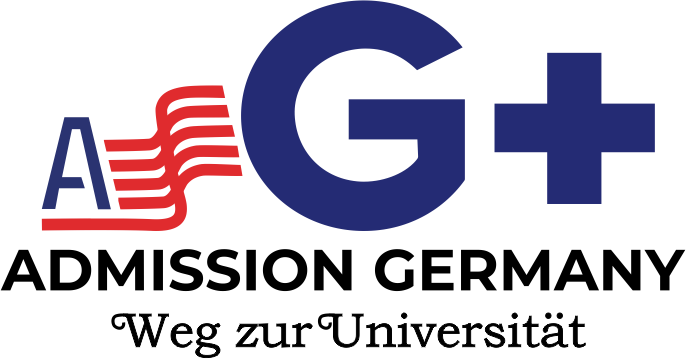Introduction: For language enthusiasts and learners worldwide, proficiency exams serve as gateways to assess their skills and validate their linguistic journey. Among the most renowned institutions offering German language exams stands the Goethe Institute, known for its rigorous assessments and globally recognized certifications. In this blog post, we delve into the world of German language exams, focusing primarily on the Goethe Institute while also exploring other notable options.
Understanding the Importance of German Language Proficiency Exams: Proficiency exams in German, such as those offered by the Goethe Institute, play a crucial role in various aspects of life, including education, career opportunities, and immigration. They provide individuals with a standardized measure of their language skills, allowing them to demonstrate their competency to universities, employers, and immigration authorities.
The Goethe Institute: A Beacon of German Language Proficiency: Founded in 1951, the Goethe Institute has emerged as a global leader in promoting the German language and fostering cultural exchange. Central to its mission are the German language exams it offers, catering to learners of all levels, from beginners to advanced speakers. These exams, aligned with the Common European Framework of Reference for Languages (CEFR), provide a comprehensive assessment of reading, writing, listening, and speaking skills.
The Goethe-Zertifikat Exams: At the heart of the Goethe Institute’s examination system are the Goethe-Zertifikat exams, which are widely recognized and respected worldwide. These exams are available at various levels, including A1, A2, B1, B2, C1, and C2, each corresponding to specific language proficiency according to the CEFR. Whether you’re a student seeking to study in Germany, a professional aiming to enhance your career prospects, or an immigrant planning to relocate, achieving a Goethe-Zertifikat can open doors to numerous opportunities.
Preparing for Goethe Exams: Preparation is key to success in any language proficiency exam, and the same holds true for Goethe exams. Fortunately, the Goethe Institute offers a range of resources to help candidates prepare, including practice materials, sample tests, and preparatory courses. Additionally, numerous online platforms and language schools specialize in Goethe exam preparation, providing tailored guidance and support to aspirants.
Beyond the Goethe Institute: Alternative German Language Exams: While the Goethe Institute remains the pinnacle of German language proficiency exams, several alternative options cater to diverse needs and preferences. Institutions such as the TestDaF (Test Deutsch als Fremdsprache) and telc GmbH offer their own certifications, each with its unique focus and format. TestDaF, for instance, assesses proficiency specifically for academic purposes, making it ideal for students aiming to study at German universities.
Conclusion: In conclusion, German language proficiency exams serve as invaluable tools for individuals seeking to validate their language skills and pursue various opportunities in academia, career, and migration. While the Goethe Institute stands out as a symbol of excellence in this realm, alternative exams such as TestDaF and telc GmbH provide additional avenues for assessment and certification. Ultimately, regardless of the path chosen, embarking on the journey to proficiency in the German language opens doors to a world of possibilities.

